Ta książka opowiada prawdziwą historię katastrofy morskiej II wojny światowej. W czerwcu 1942 r. wielki anglo-amerykański konwój PQ-17, załadowany ładunkami dla Związku Radzieckiego, skierował się do północnej Rosji, eskortowany przez potężną armię brytyjskich i amerykańskich okrętów wojennych. 4 lipca brytyjska Admiralicja nakazała konwojowi rozproszenie się, a eskorcie ucieczkę. Łamacze kodów błędnie wysadzili potężny pancernik Tirpitz na morzu.
Niemcy ścigali i zatapiali niemal każdy statek. David Irving opisał ich los i rozmawiał z załogami bombowców i okrętów podwodnych. Uzyskał dostęp do amerykańskich i brytyjskich zapisów marynarki wojennej, a także do admirałów i polityków. Książka była bestsellerem – z konsekwencjami. Pozew o zniesławienie wniesiony przez brytyjskiego oficera Royal Navy doprowadził do jednego z największych wyroków za zniesławienie, jakie kiedykolwiek przyznano. Bitwa, która rozpoczęła się na Morzu Barentsa latem 1942 r., trwała przez dwa kolejne zacięte procesy w Sądzie Apelacyjnym i Izbie Lordów trzydzieści lat później: ale to już inna historia.
412 stron


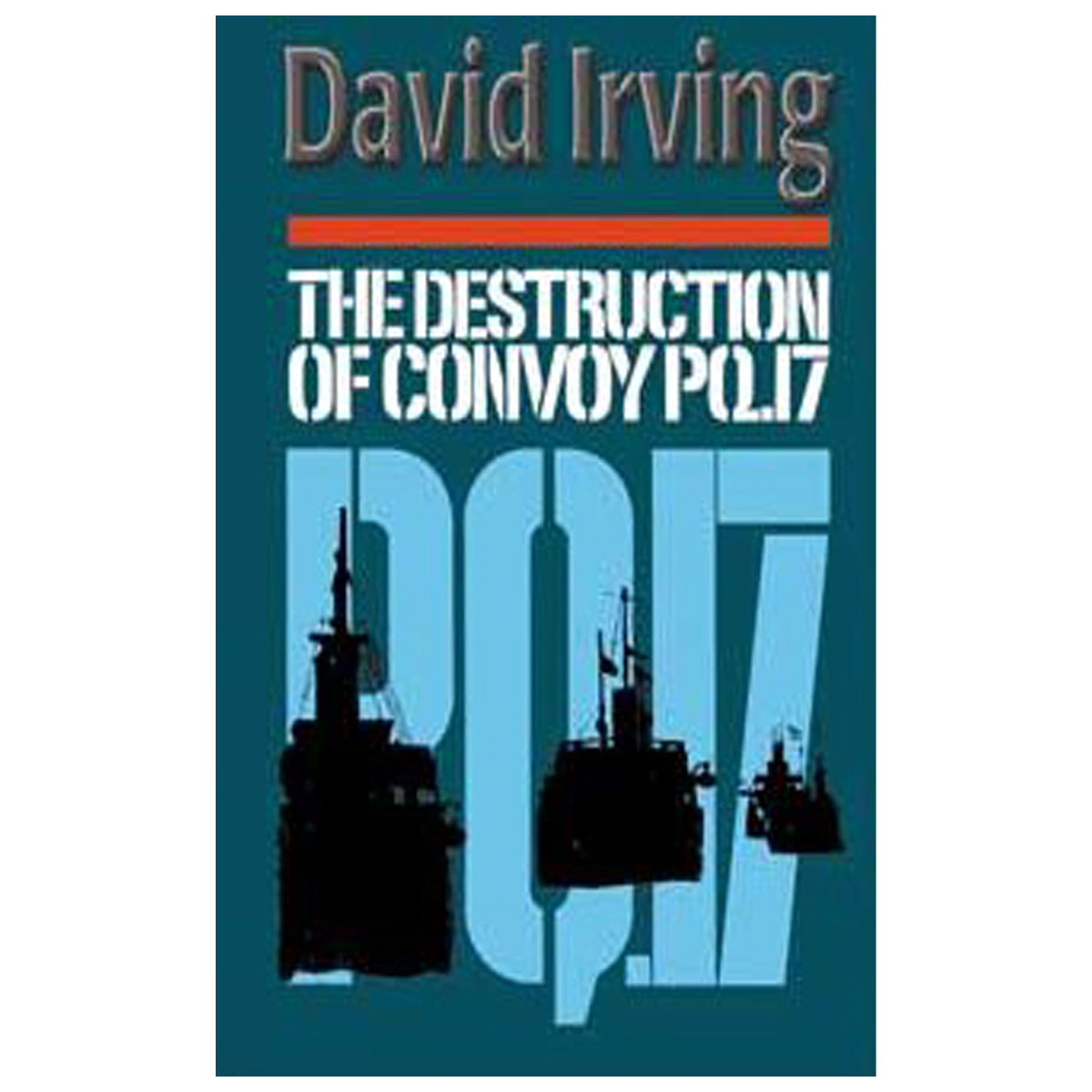
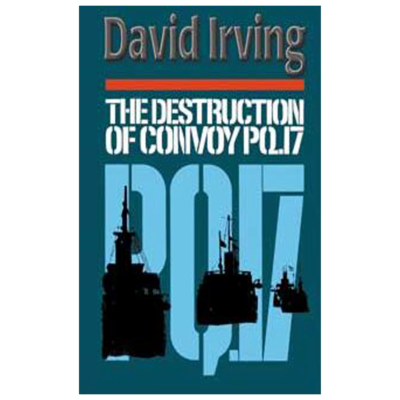


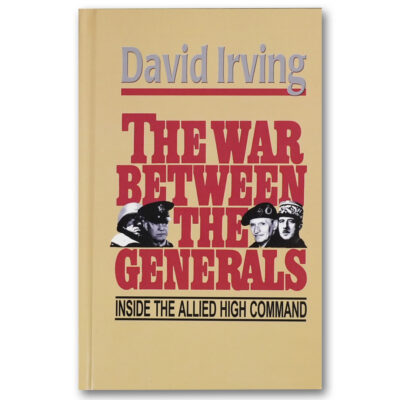


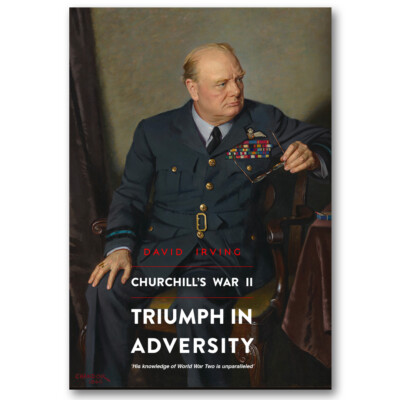
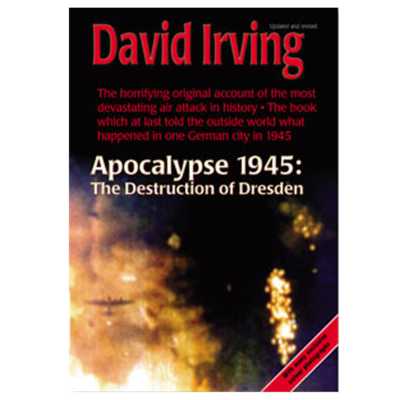
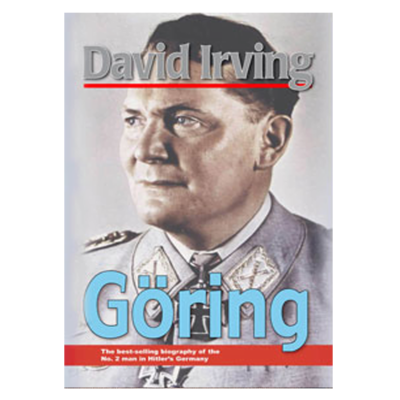


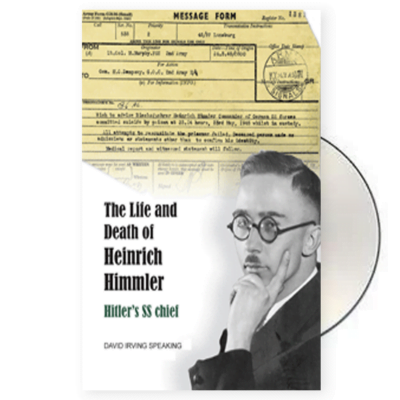
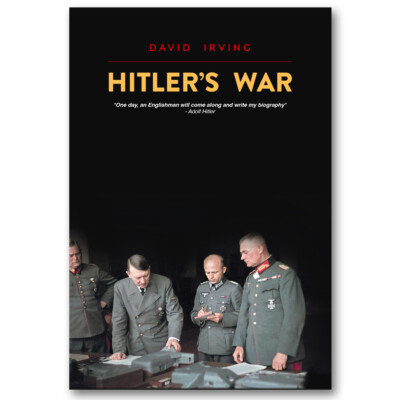
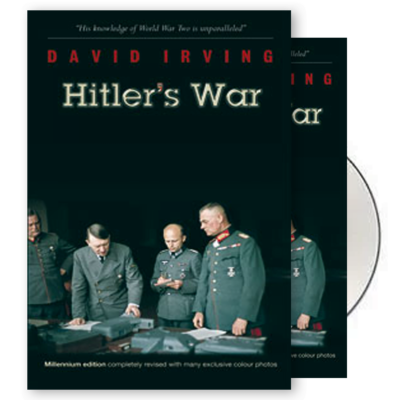
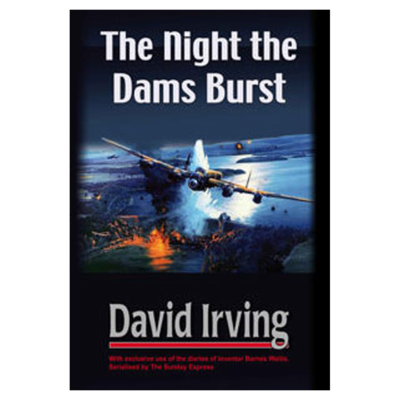

Rozpoznać –
The Destruction of Convoy PQ-17 autorstwa Davida Irvinga to dobrze zbadana i dobrze napisana historia jednego z północnych konwojów Lend-Lease do Rosji Radzieckiej podczas II wojny światowej. Z powodu serii manewrów Niemców, wiadomości Brytyjczyków i błędów konwój rozproszył się i poniósł bardzo duże straty w wyniku niemieckiego ataku U-Boota i ataku powietrznego, zanim ocaleni w końcu dotarli do Rosji Radzieckiej. Opis tej akcji autorstwa Irvinga jest jedną z najbardziej czytelnych narracji o jakiejkolwiek akcji morskiej, jaką kiedykolwiek czytałem.
Opis bitwy autorstwa Irvinga jest niezwykle dobrze udokumentowany. Opisuje, jak zdezorientowane i nieświadome były zarówno brytyjskie, jak i niemieckie dowództwa podczas bitwy. Duża część jego opowieści opiera się na badaniach archiwalnych dotyczących działań i decyzji brytyjskich i niemieckich dowództw, ale rozwija historię za pomocą świetnych narracji opartych na dziennikach pokładowych, wspomnieniach wielu uczestników i wywiadach z wieloma ocalałymi. Osobiste historie pomagają dodać opowieści ludzkiego wymiaru, gdy opowiada o trudnościach związanych z próbą przetrwania na morzu na północnych szerokościach geograficznych, gdy niemieckie samoloty i U-Booty śledzą statki.